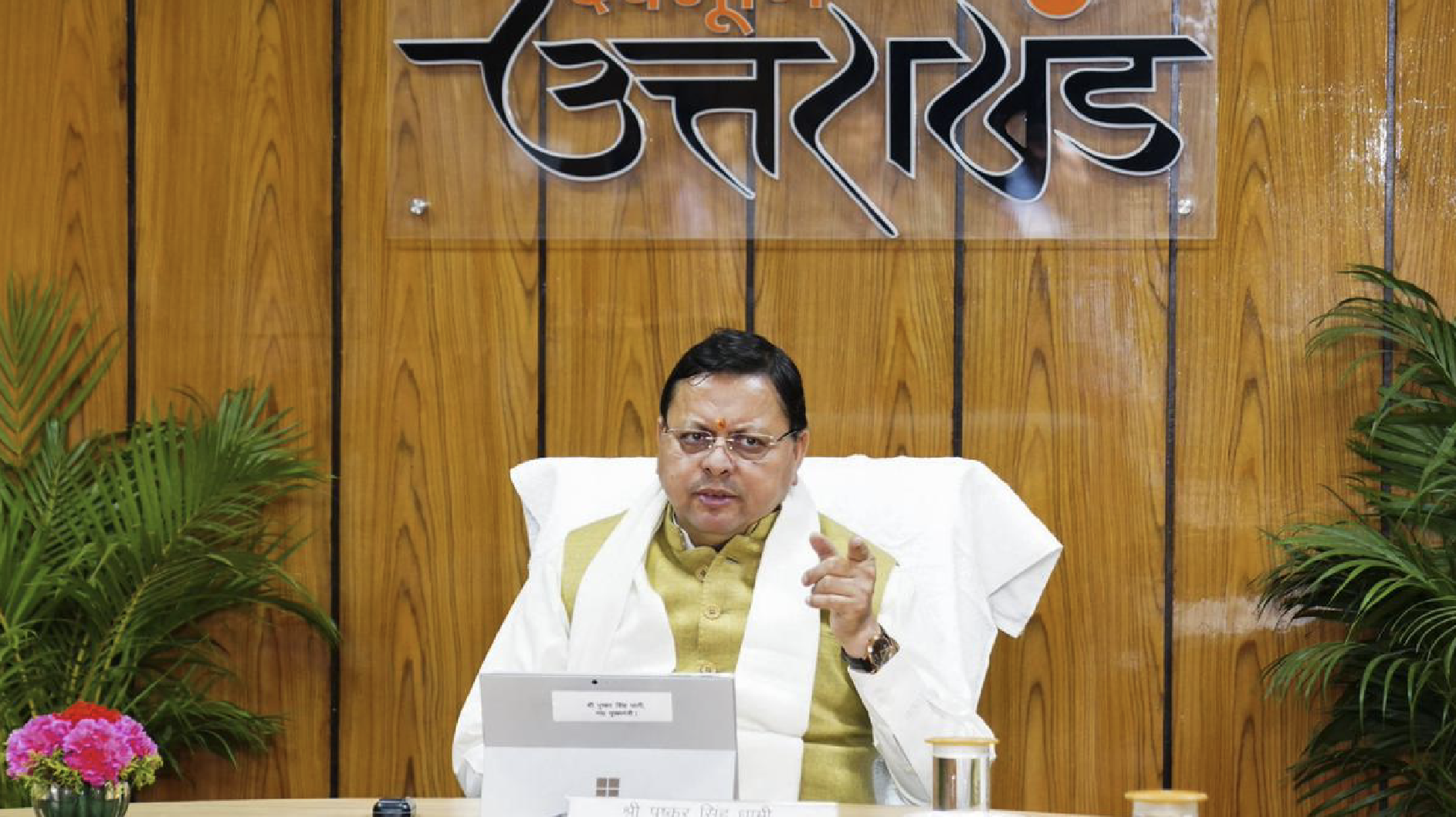Uttarakhand increases penalties for 'forced conversion'. Bishops slam 'draconian laws'
The Indian state has approved an amendment to its anti-conversion law, increasing the penalties to include life imprisonment and a million-rupee fine. The bishop of Bijnor slams the law’s “unclear” rationale, which risks excluding and sowing suspicion about minorities. For the bishop of Lucknow, “freedom of religion guaranteed by the constitution” is not being respected.
Dehradun (AsiaNews) – Uttarakhand, a state in northern India on the southern edge of the Himalayas, wants to increase the penalties under its anti-conversion law, raising concerns in the local Church, which fears its misuse against minorities.
This is the second amendment to the anti-conversion law, in force since 2018, following the amendment of 2022.
The Uttarakhand Freedom of Religion (Amendment) Bill, 2025, increases the penalty for forced conversion to 14 years and, in some cases, 20 years, but can also lead to life imprisonment and a hefty fine of up to one million rupees (just under US$ 11,500).
Before the amendment by the state assembly on 13 August, the law carried a maximum prison term of 10 years and a fine of 50,000 rupees (US$ 575).
The legislation also bans activities like promoting or inciting conversion through social media, messaging apps, or any online means. District magistrates are authorised to arrest people without a warrant and seize assets acquired through crimes related to religious conversion.
The amendment also redefines the term “inducement,” which now includes offering any of the following for religious conversion: “Gifts, gratification, easy money, or material benefits in cash or kind, employment, free education in a school or college run by a religious institution,” as well as “a promise to marry or a better lifestyle, divine displeasure, or otherwise”.
Anyone who describes the practices, rituals, and ceremonies of any religion in a derogatory manner, or glorifies one religion over another, could also be punished.
“Any law enacted in our country must serve the common good and uphold the dignity of every citizen,” said Bishop Vincent Nellaiparambil of Bijnor, Uttarakhand, speaking to AsiaNews. “Laws are just and beneficial when they promote national growth, safeguard fundamental rights, and honour the guarantees enshrined in our Constitution.”
Instead, “legislation that isolates or weakens a particular community risks undermining the very spirit of our democratic ethos,” explained the Indian prelate. “The rationale behind the recent amendment remains unclear to us, and perhaps it stems from factors known only to the authorities.”
For him, “What we do see here are a few religious groups genuinely committed to serving the people, contributing positively to society.”
Bishop Nellaiparambil also warns that laws could unintentionally become “tools of exclusion or suspicion.”
“The passing of legislation that compromises the freedom of conscience, a cornerstone of our Constitution, is deeply concerning. In light of recent incidents targeting Christian communities across India, there is understandable anxiety about whether such laws could be misused against minorities,” he added.
“It is our hope and prayer that every law reflects the inclusive spirit of our nation, fostering unity, justice, and peace for all.”
Bishop Gerard Mathais of Lucknow also spoke to AsiaNews.
"The anti-conversion laws that exist in at least 12 States in the country have been amended from time to time to make the sections more and more stringent,” the prelate explained.
The amendments are also open to different interpretations.
“The term ‘allurement’ is defined so broadly that any charitable or good work can be construed or interpreted as allurement,” he added.
“In my opinion and even in that of some retired High Court judges and Supreme Court justices, all anti-conversion laws in the country are against the Constitution of India. They do not respect the freedom of religion guaranteed in the constitution. The basic intent is to ban all conversions. There have been hardly any proven instances of forced conversions so far.”
For Bishop Mathais, the country's anti-conversion laws, with such severe penalties, are “truly draconian”. And “The saddest part is the gross misuse of the law by fundamentalists who take law in their own hands and falsely accuse innocent people of forced conversions.”







.png)










